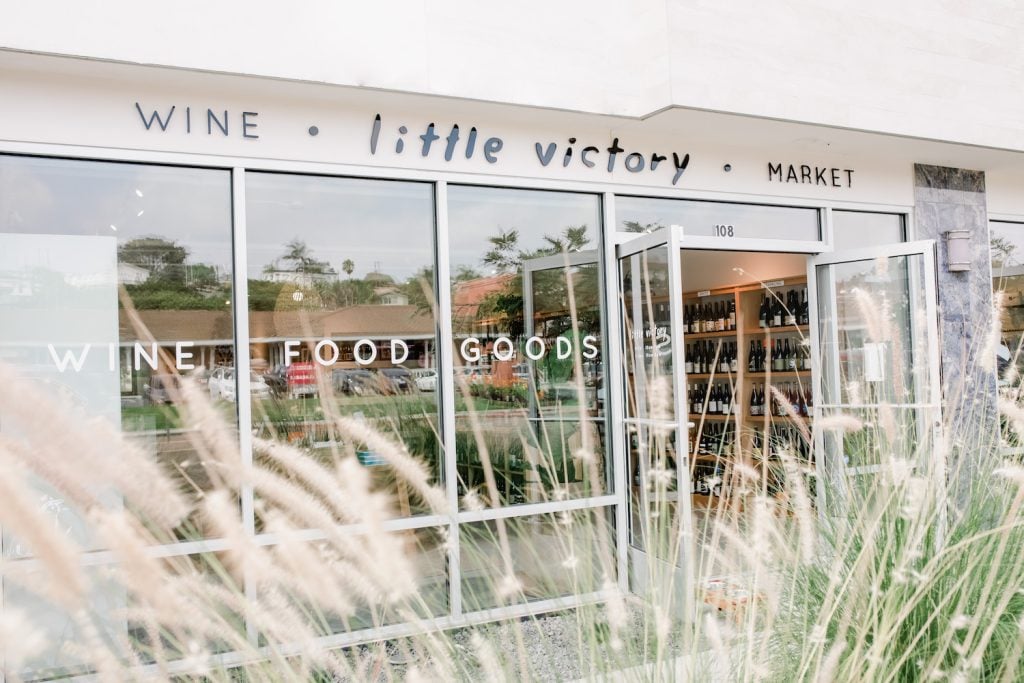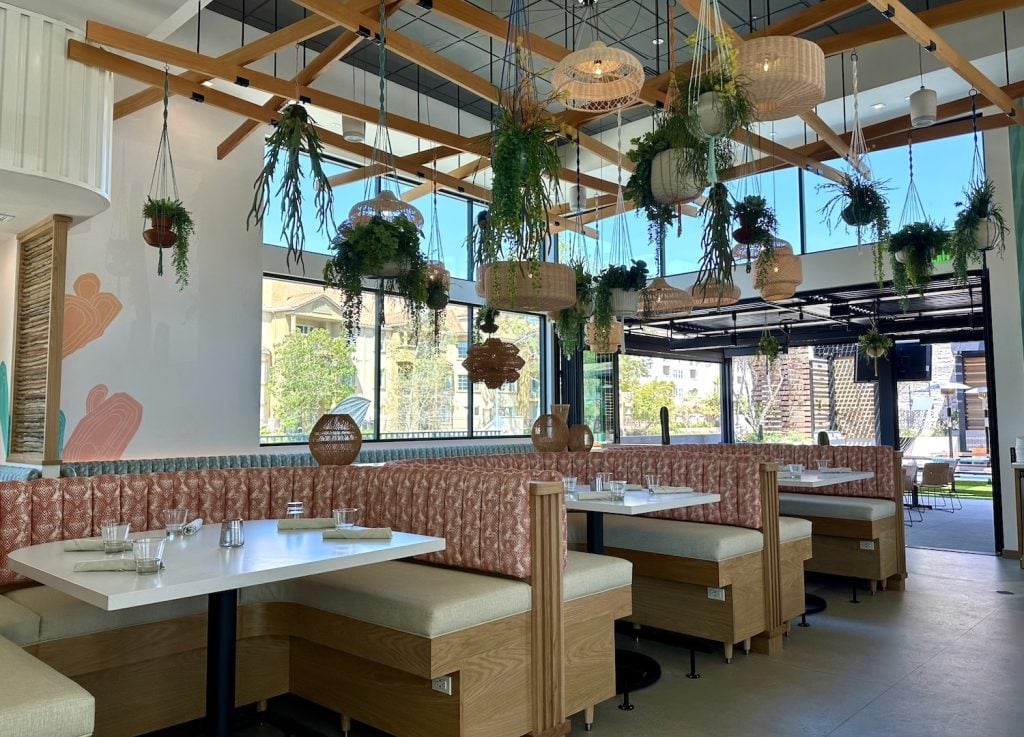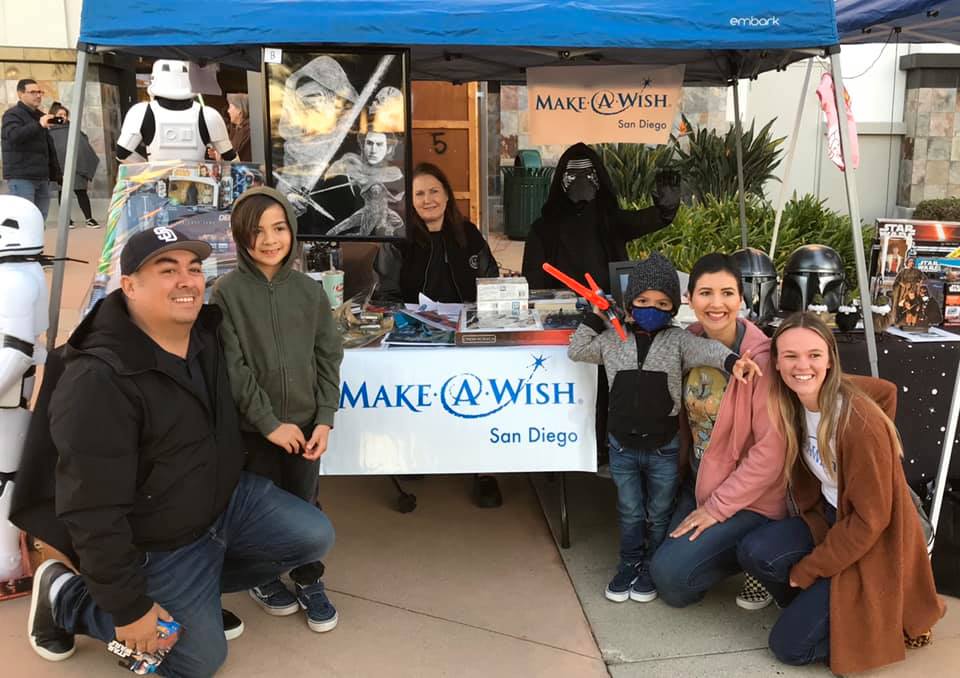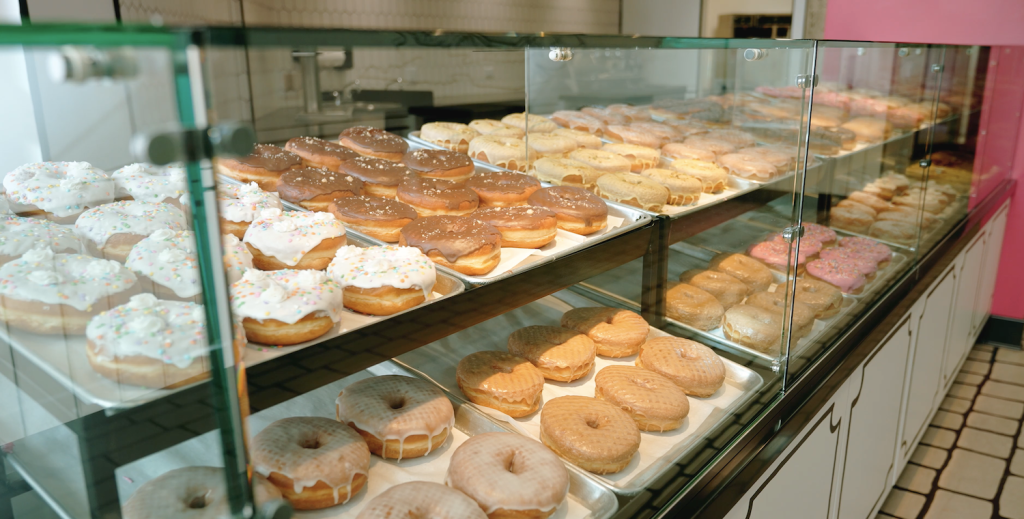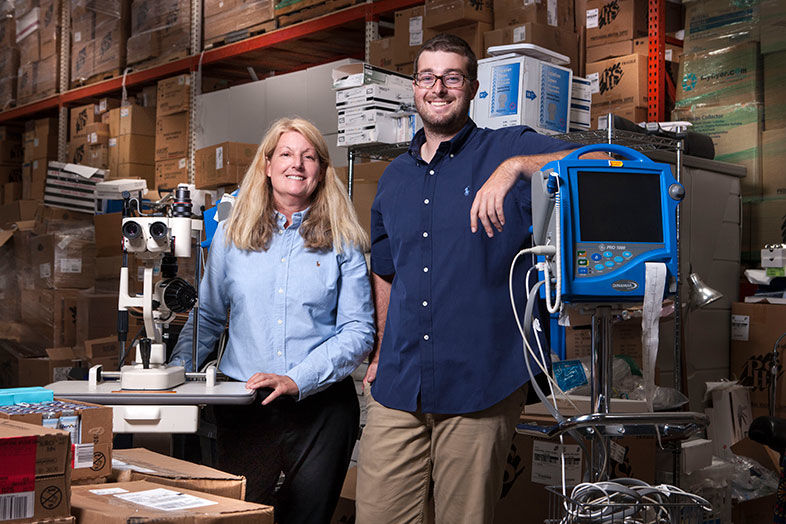More than one million pounds of retired or expired medical equipment and supplies currently sit in a Kearny Mesa warehouse. Laura Luxemburg, 52, a former real estate broker, has personally collected these items from San Diego hospitals. She wants to help the underserved, both locally and globally: Recently, a sports trainer for the San Diego Unified High School District came by to shop for crutches, tables, and more for the district’s underfunded football programs; a hospital administrator from the Philippines flew here for exam tables, ventilators, stretchers, and IV poles. But Luxemburg has her heart set on a return trip to a special clinic in Uganda.
In May 2007, the Point Loma resident was on a trip to Luweero, in Uganda’s Central Region. “I traveled a lot back then. I would have a driver take me to a village, Mother Theresa’s house, an orphanage, a leper colony.” She saw need everywhere, but wanted to give where she knew the money would make an impact.
At a small Ugandan clinic named Asili Health Center, which serves 49 villages and a population of over 660,000, she met a five-year-old boy. “He looked sick but not gravely ill,” she recalls. The very next day she came back with toys and coloring books for him, but he was gone. She asked one of the clinic’s leaders, Sister Ernestine, where he was. She told Luxemburg he had died.
“The sister looked at me like every Westerner who had ever inflicted their opinion on any developing country. She said, ‘Because people like you come here and you tell us what we need. You don’t ask us. And we are so grateful to get anything, so we don’t say anything. I have rehab equipment—who am I going to rehab?’” Sister Ernestine pulled out a rusty knife and a razor blade. She didn’t even have a scalpel.
Luxemburg asked her to write down what she needed now, what she’d like to have, and what she thought she’d never have in a million years. Sister Ernestine ran out of the room and returned with a tattered supply catalog, the cover ripped off. “That was the saddest thing I’d ever seen. They had medical staff looking at that catalog and didn’t have enough money to buy anything.” Every day after that, she raided her ATM, reaching her daily limit, to cross off the items they needed. “I’ve been hooked ever since.”
Everyone’s so worried about being sued. If it’s open, it’s contaminated. Tons of untouched supplies go in the trash every year.
In the U.S., perfectly good surgical kits will often be thrown out even if the procedure was never performed. It can’t be put back into its package and the insurance company won’t issue a credit. “Everyone’s so worried about being sued. If it’s open, it’s contaminated,” Luxemburg explains. Some items stay in their package, but they expire. So tons of untouched supplies go in the trash every year.
Machinery also gets cycled out and ends up in a landfill. “If any equipment, by law, has a bit of rust, it cannot be in the hospital. A gurney is raised and lowered a lot—it gets rusty, but you can’t weld it. But I weld it; I can reuse it!”
After almost a year of calling hospitals and being turned down, in March 2014 she ran into a woman who handles all the waste at the VA hospital in La Jolla. She was about to throw out seven pallets of items. If Luxemburg could find a place to store it and become a U.S. government System for Award Management vendor in time, she could take it. They held it just long enough for her to accomplish everything necessary, and that was her first haul.
Under the name Ssubi is Hope (The translation is literal; ssubi means “hope” in the Luganda language), Luxemburg regularly picks up about fifty pounds of supplies every other day from places like Sharp Chula Vista and Mary Birch Hospital—or whenever she gets a call. Then everything needs to be sorted. “You can’t send a box of hodgepodge through customs. You have to say exactly how many of each thing there is.”
It’s complicated, and Luxemburg has had to learn everything along the way. Some countries, like the Philippines, can take expired supplies. Uganda cannot.
Most of the items she has collected, including the original donation from the VA, still sit in the Kearny Mesa warehouse because she doesn’t have the funds to ship them.
As for rent? In order to stay in the warehouse, which sits on the Coleman University campus, she made an agreement with the university president. In exchange for the space, Coleman design students are allowed access to Luxemburg’s silkscreen machine (which she nabbed from a shuttered skateboard factory), business students can learn about supply management and other aspects of the organization, and anyone can volunteer for Ssubi. Coleman is one of the few colleges with a charity for a partner.
“I’m big on sustainability,” she says. “I have all these businesses in Uganda, and it helps them, because donation dollars don’t come in.” Since her first visit to Uganda, in fact, she has begun a Holy Hams Piggery, grocery store, clothing store, catering business, organic garden, chicken farm, Ssubi bank for microloans, and the Ssubi school of sewing and beading.
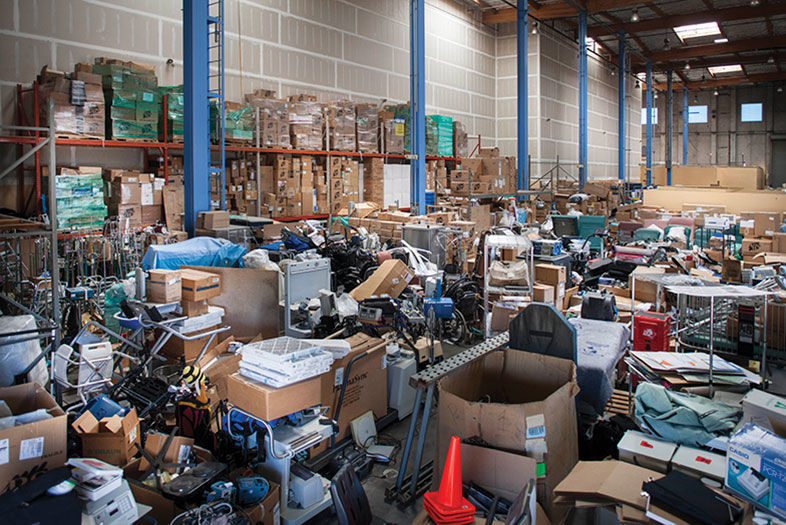
Point Loma Woman Helps Repurpose Medical Equipment
And in order to offset the cost of gas to drive to hospitals and hospice homes, Luxemburg has also become an e-waste collector and metal recycler.
Her efforts have led her to be written into the city’s Zero Waste Plan, and District 7 Councilmember Scott Sherman named November 17, 2014 Ssubi is Hope Day.
The original goal was to get enough medical supplies for Uganda. But now her goal is to “share the wealth,” with prepaid shipments and donated partial-loads going to Haiti, the Philippines, Jordan, Ethiopia, and Mexico. Her passion project has gone all over the world, but not back to Uganda.
The most recent quote to send a 40-foot container to Uganda is $18,000. She proposed that Sharp Health, which has 18,000 people on its payroll, ask each employee for one dollar. But Sharp’s charity is the American Heart Association—it’s written into their bylaws. What resulted instead is a volunteer program: Nurses and residents help to sort supplies or consult on broken EKG machines. She toyed with the idea of asking each of them for a dollar. “But am I ever going to have 18,000 people come through here?” she says, noting that on a recent Saturday, there were 98 volunteers.
“Since I started this program, I haven’t been able to return to Uganda. If I leave and I don’t stir up the pot, we won’t get this stuff,” she says. “I haven’t missed a pickup yet. But I’m there all the time in my head and my heart.”
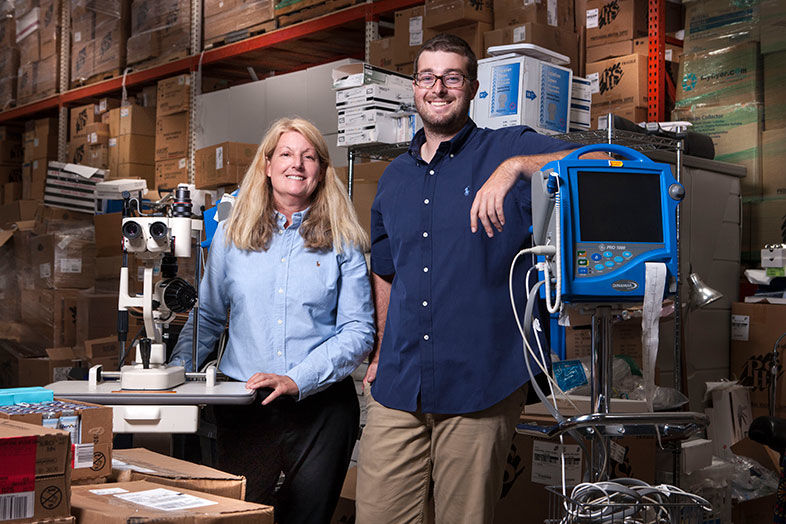
Point Loma Woman Helps Repurpose Medical Equipment
Laura Luxemburg and her son Baron are Ssubi’s most dedicated volunteers.

